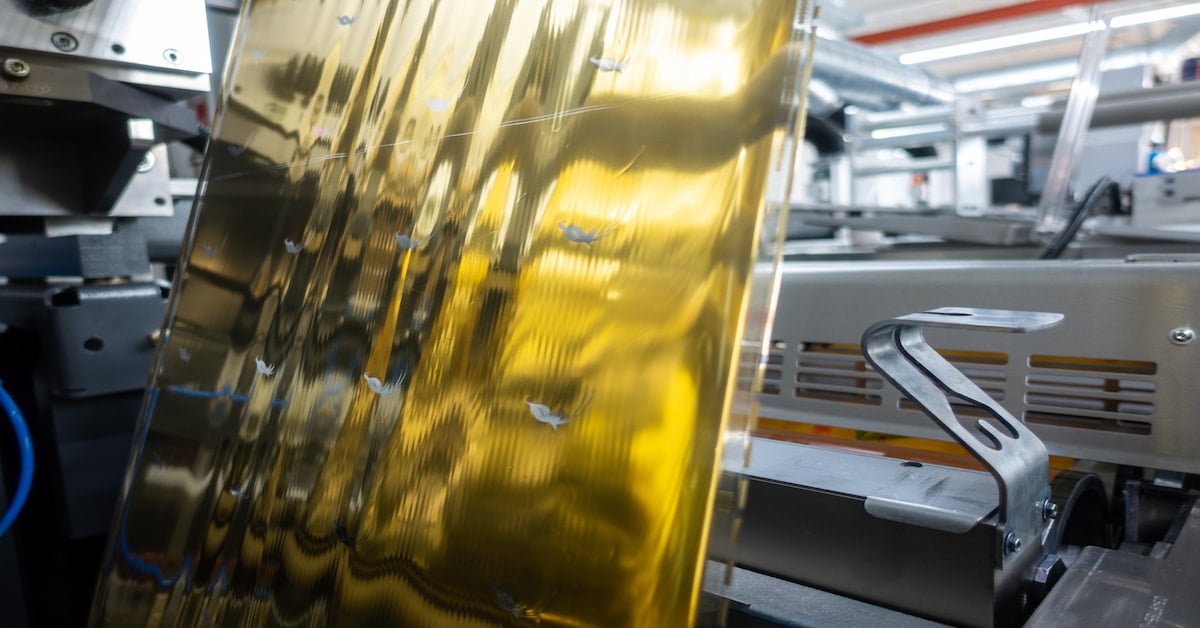In the modern world, the need for anti-counterfeit printing is more pressing than ever. As global markets expand and e-commerce flourishes, ensuring the authenticity of products has become crucial for businesses and consumers alike. Anti-counterfeit printing offers a reliable solution to combat the growing menace of counterfeit products, protecting brand integrity and consumer trust.

What is Anti-counterfeit Printing?
Anti-counterfeit printing involves the use of advanced printing technologies and materials to create labels, packaging, and documents that are difficult to replicate. This includes the integration of unique features such as holograms, watermarks, and special inks that are not easily duplicated by counterfeiters.
The Importance of Anti-counterfeit Measures
Counterfeit products pose a significant threat to businesses and consumers. They can lead to financial losses, damage to brand reputation, and potential harm to consumers. Implementing effective anti-counterfeit printing measures is essential in safeguarding products from such threats.
Types of Anti-counterfeit Printing Techniques
Holographic Printing
Holograms are one of the most recognizable anti-counterfeit features. These 3D images are created using laser technology, making them challenging to replicate without specialized equipment.
Security Inks
Security inks are formulated to change color when exposed to certain conditions, such as UV light. These inks are used in various ways, including as part of a product’s packaging or labeling.
Watermarks
Watermarks are subtle images or patterns incorporated into paper during the manufacturing process. They are commonly used in currency and important documents to prevent forgery.
Benefits of Anti-counterfeit Printing for Businesses
Protecting Brand Integrity
By preventing counterfeit products from reaching the market, businesses can maintain their brand’s integrity and reputation. This is vital in retaining customer trust and loyalty.
Reducing Financial Losses
Counterfeit products can significantly impact a company’s bottom line. By implementing anti-counterfeit printing measures, businesses can reduce financial losses associated with counterfeiting.
Enhancing Consumer Confidence
Consumers are more likely to purchase products that they perceive as genuine and safe. Anti-counterfeit measures reassure consumers of a product’s authenticity, enhancing their confidence in the brand.
Challenges in Implementing Anti-counterfeit Printing
Cost Implications
Advanced anti-counterfeit technologies can be costly to implement. Businesses must weigh the cost against the benefits of protecting their products and brand.
Technological Advancements
As technology evolves, counterfeiters also find new ways to replicate products. Businesses must stay ahead by continuously updating their anti-counterfeit printing measures.
Complex Supply Chains
Global supply chains can complicate the implementation of anti-counterfeit solutions. Businesses must ensure that all parties involved are committed to maintaining product authenticity.
Future Trends in Anti-counterfeit Printing
Integration with Digital Technologies
The future of anti-counterfeit printing lies in the integration with digital technologies such as blockchain and IoT. These technologies provide an additional layer of security by enabling real-time tracking and verification of products.
Sustainability Considerations
As businesses increasingly focus on sustainability, there is a growing interest in eco-friendly anti-counterfeit solutions. This includes the use of biodegradable materials and inks.
Conclusion
Anti-counterfeit printing is an essential tool in the fight against counterfeit products. By adopting these measures, businesses can protect their brand, reduce financial losses, and enhance consumer confidence. As technology continues to evolve, so too will the strategies for combating counterfeiting, offering hope for a future where authenticity is guaranteed.

FAQs
What industries benefit most from anti-counterfeit printing?
Industries such as pharmaceuticals, fashion, electronics, and food and beverage benefit significantly from anti-counterfeit measures due to the high risk of counterfeiting.
How does blockchain technology complement anti-counterfeit printing?
Blockchain provides a secure and transparent way to track and verify the authenticity of products, complementing traditional anti-counterfeit methods.
Can small businesses afford to implement anti-counterfeit solutions?
While there is a cost involved, the benefits of protecting brand integrity and preventing financial losses often outweigh the initial investment for small businesses.
For more insights on the future of printing, visit Smithers.
This article contains affiliate links. We may earn a commission at no extra cost to you.





